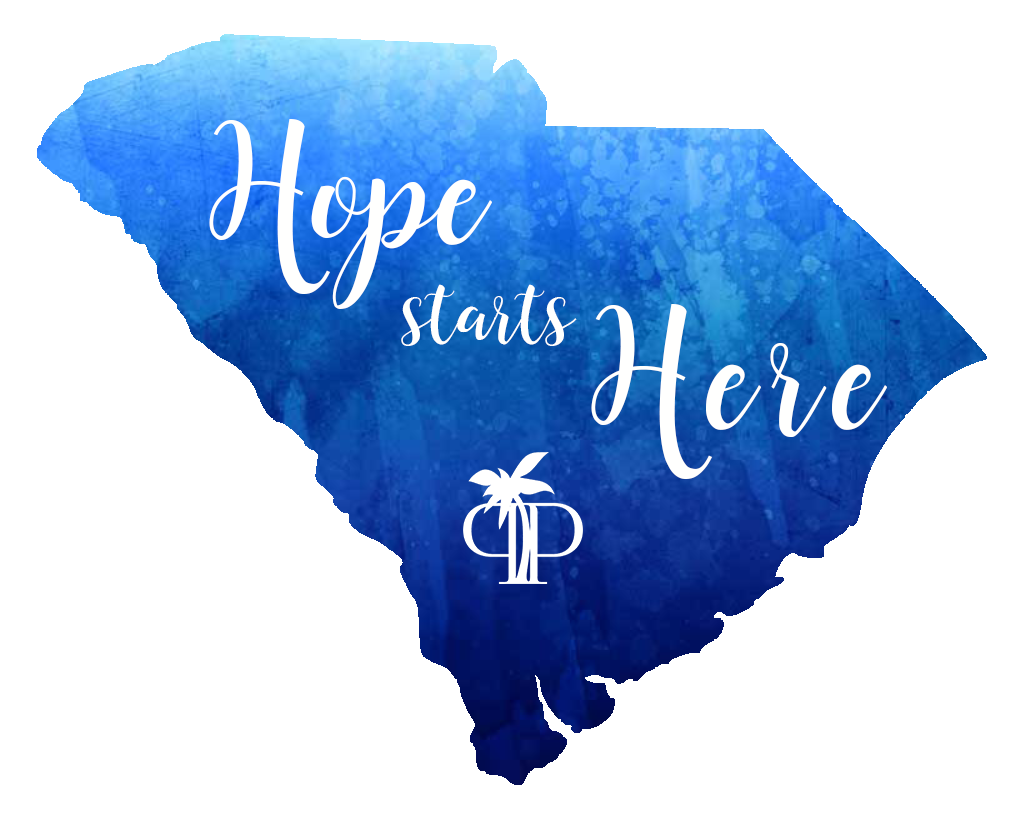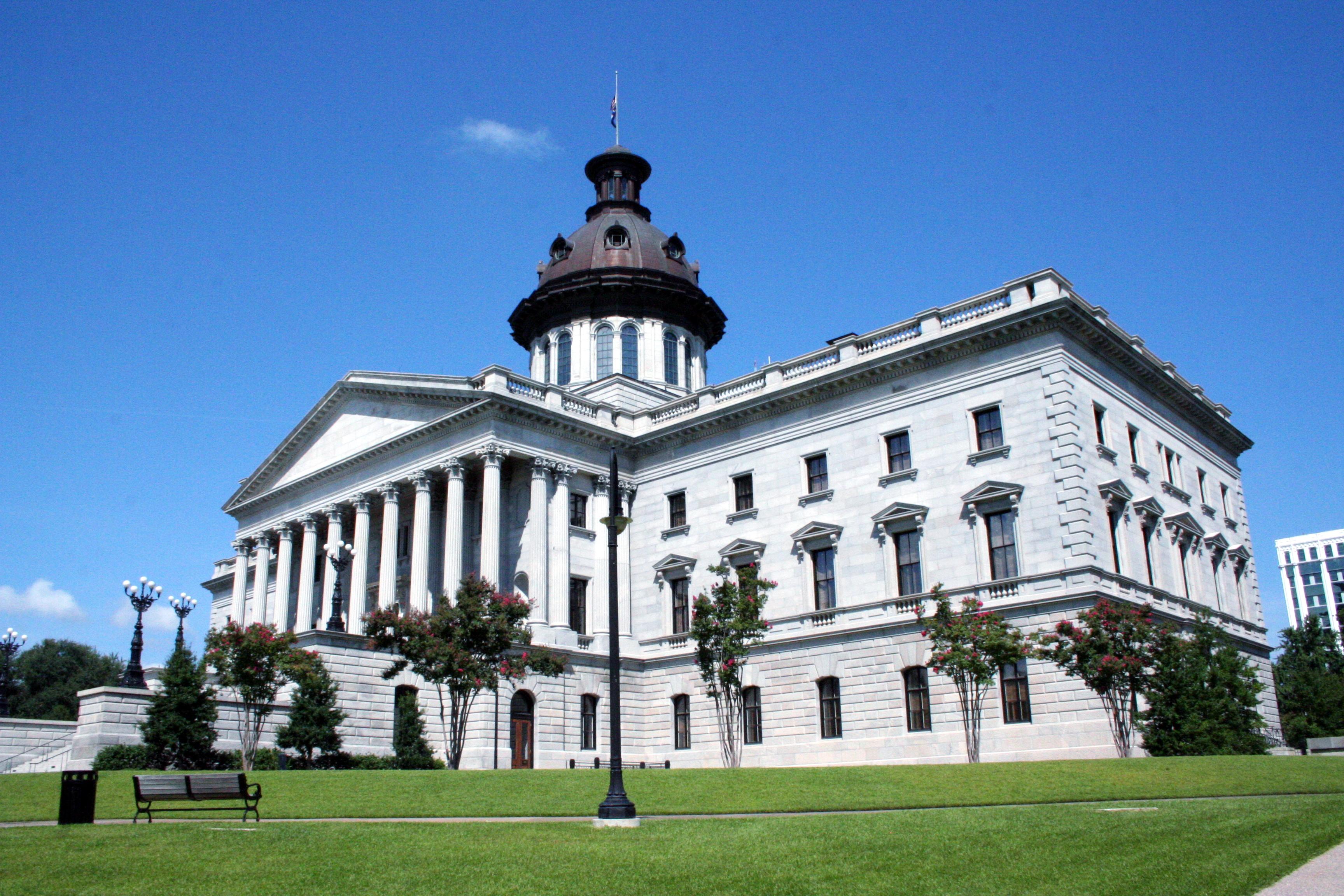Hope Starts Here

Ellen Weaver
True confession: I fell asleep on the couch at 1:30 AM on election night with the TV still on. I was blearily aware of the phrase “President-elect Trump” somewhere around 3:00 AM. First hearing the news while lost in the fog of sleep seems fitting, given the surreal nature of this entire election season.
Conventional political wisdom was completely upended. Pundits, pollsters, politicians and people far smarter than I have since sallied forth to dissect the results from top to bottom, Left to Right. And I’m confident historians and political scientists will still be analyzing the shock 50 years from now.
We all know what happened. But what does it actually mean?
That all depends on who you talk to…
“Control”
For many Trump supporters – people who Peggy Noonan broadly classified as “the unprotected” – the election of Donald Trump means control.
The Anglo-speaking world has a rich history of self-government and common law, dating back to King John being forced to sign the Magna Carta in 1215. This fiercely independent instinct has been woven into every fiber of American history from the beginning.
I love the story of an enterprising young reporter speaking in the mid-1800’s with the elderly Levi Preston, who in his youth had fought in the Continental Army.
When asked why he had gone out to fight – surely it was intolerable oppression, tea taxes or reading the great books on the rights of man – Levi slowly raised himself and said, “…we had always been free and we intended to be free always!”
And this same spirit infuses the Trump voter.
Whether looking at Brexit – or Brexit 2.0, as the Trump victory has been dubbed – the backlash against distant bureaucracies fundamentally boils down to people feeling like they have lost control: of their economic future, of their country’s borders, of their child’s education, of their own healthcare and more.
But in acknowledging this loss of control, we must resist the temptation to view Trump’s working class groundswell of voters as victims. Yes, they have been hurt by economic stagnation and cultural decline. But they are also proud people who love their country and form the historic backbone of the American ethos. And by their calculation, a Trump victory means a hopeful return of control over their lives.
“Calamity”
For many on the left, the outcome of Tuesday’s election portends calamity.
We’ve heard the stories of college professors cancelling class for their “emotionally fragile” charges to play with Play-Doh to ease their psychological distress over a pending Trump Administration.
And then there’s the largely Left-leaning media, who are now in breathless panic over the Trump atrocities they are certain loom on the horizon. These are the same journalists of course whose confirmation bias and self-described “magical thinking” blinded them to the reality of voters that they clearly don’t – or won’t – understand. And yes, these are the same reporters now ironically forced to live in a reality that they helped to create with their sensationalist, wall-to-wall coverage of Trump during the GOP primary season.
Or how about the protesters shouting “Not my president!” in urban streets around the nation. It’s easy to fear their refusal to acknowledge that in a democratic election, there will always be a winner and a loser. Or their seeming disregard of the historic brilliance of our Founding documents that outline what President Obama aptly called “our common creed” and provide a transitioning guidepost to move forward through our disagreements.
But dig deeper and you’ll find real people with real problems who are genuinely afraid of what 2017 will hold for them and their family.
Like my friend from high school who suffers with a pre-existing medical condition and is terrified that an Obamacare repeal will mean he can’t get the healthcare he desperately needs.
Or the “Dream Act” students who came out of the shadows at President Obama’s urging…and now worry that they could be ripped away from their families and the only life they’ve ever known.
These fears may or may not be unfounded. Either way, they are the very real perceptions of the people facing them.
Challenges Ahead…and Hope on the Horizon?
So how do we move forward from here? Is it possible to knit up a divided country in common purpose?
That great bastion of social commentary – by which of course I mean Saturday Night Live – had a thought-provoking sketch a few weeks back in which actor Tom Hanks plays a white Trump voter appearing on a show called “Black Jeopardy.”
As the show progresses and he successfully answers several questions (or questions several answers, since this is Jeopardy after all), his fellow contestants realize they may have more in common with him than they first believed.
Could this possibly be true? Like the media in this election, have both sides of the “control v. calamity chasm” been blinded by preconceptions and oversimplified narratives? Have we bought into the false constructs of identity politics and written off entire groups of people as nothing but monolithic voting blocks?
Have we overlooked the fact that people are people: complex individuals with highly-developed ideas of what is in the best interest of themselves and their families? Have we forgotten that at the end of the day, we may all share similar goals, even if we disagree about the way to reach them?
The fact is, we must stop allowing false political narratives to tear our country apart.
In the coming days there will certainly be policy challenges and disagreements. Will a Trump administration devolve dollars and decisions for education, infrastructure, healthcare and more back to the states? How will a Republican-controlled Washington handle Obamacare? How will President-elect Trump deal with the immigration promises he made on the campaign trail?
These are important questions that will make a tremendous difference in either creating or removing obstacles that allow people the opportunity to reach their full potential.
But I would argue that the people challenge we face is every bit as important as the policy challenge. The fact is that on both sides of the aisle, our Party, politics and politicians will eventually disappoint us. They inevitably do. Politics shouldn’t – and simply can’t – bear the weight of our ultimate hope.
Hope starts right here at home…by loving our neighbors. This requires us to not return slight – perceived or real – for slight, but instead to engage with others to really understand their fears and concerns…and to share with them ours.
Like any relationship, this work requires risk and vulnerability. Like any relationship, it’s the only path to mutual understanding and respect. Like any relationship, it must be built on honesty to be sustainable.
That means confronting uncomfortable topics and acknowledging real sources of disagreement. But all couched in an understanding of the essential humanity of every person, even when they see the world through a completely different lens of experience than us.
The fact is, that if we are ever to persuade, we must first humbly love and serve. And that starts right here at home in our own backyard – not in the halls of Congress or the White House. As Thabiti Anyabwile, a black pastor in one of DC’s toughest neighborhood’s wrote this week in The Washington Post:
“We have not been a country that has consistently taken ‘love your neighbor’ literally. We’ve been a country of self-justifying Pharisees who retort, ‘Who is my neighbor?’ My friend, every American is your neighbor. We would do well to love them in word and deed.”
This powerful movement can start in South Carolina. I pray that it will.




